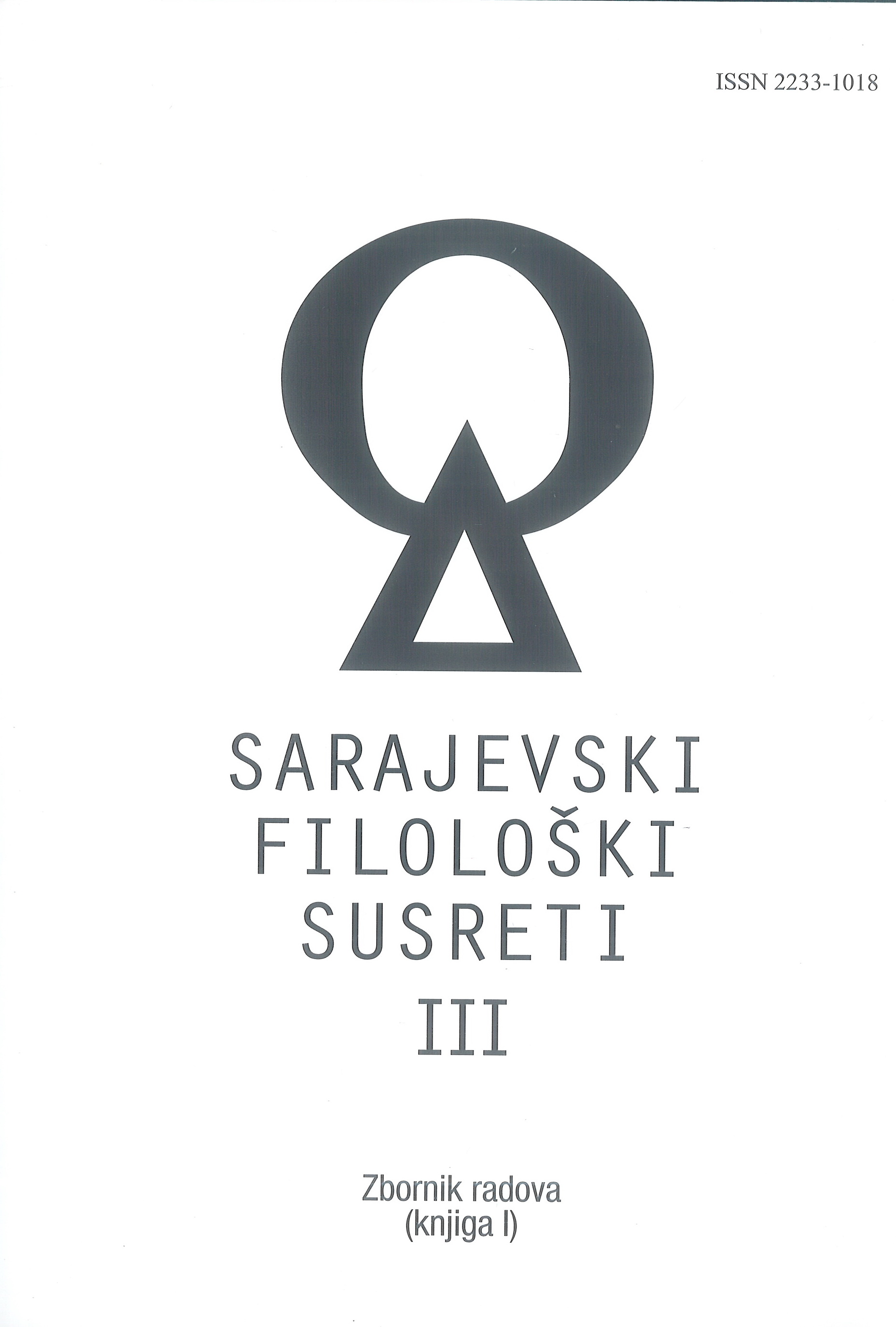ZAPADNOŠTOKAVSKI PISANI IDIOM U POVELJAMA BOSANSKIH KRALJEVA
THE WESTERN SHTOKAVIAN WRITTEN IDIOM IN THE CHARTERS OF BOSNIAN KINGS
Author(s): Sumeja KapoSubject(s): Language and Literature Studies, Historical Linguistics, South Slavic Languages
Published by: Bosansko filološko društvo
Keywords: Western Shtokavian; charters of Bosnian kings; ikavism; changes -l>o; iotation of-id-ti verbs; reflex j in iotation of the *dj group
Summary/Abstract: The charters of Bosnian kings were written in the old Bosnian language, whose most important organic layers were Western and Southern Shtokavian. The Western Shtokavian variant occupied the greater part of medieval Bosnia, and was more dominant. Therefore, the analysis undertaken in this article sought to determine: to what extent Western Shtokavian features are present in the charters of Bosnian kings; what the most and least common of these features are; which charters recorded the most, and which the least of these traits; and what, if anything, influenced different linguistic expressions. The analysis encompassed nineteen charters of Bosnian kings (the main corpus), and five charters of Bosnian Bans (the control corpus). Although Western Shtokavian features are present on all linguistic levels, only those on the phonetic level were tested, because the uniqueness of the Western Shtokavian written idiom is reflected primarily in this language area. The analysis showed that ikavism is the most common Western Shtokavian feature in these charters, although there were examples in which the grapheme Ѣ is recorded on its etymological point, and examples in which the same grapheme occurs in the value of the sound i. Apart from ikavism, the following Western Shtokavian features also occur in the analyzed charters: a conservative attitude towards the change -l>o; and iotation of -id-ti verbs and the reflex j in iotation of the *dj group. The charters with the least Western Shtokavian features are those of KingTvrtko I, and those with the most are those of King Ostoja. Several factors influenced the representation of such features in certain charters, including the origin of the writer, and the time of writing. We can conclude that the analyzed charters confirmed the previously highlighted uniqueness of the Western Shtokavian written idiom and its significance, as an organic layer, to the old Bosnian language.
Journal: Sarajevski filološki susreti: zbornik radova
- Issue Year: 3/2016
- Issue No: 1
- Page Range: 134-149
- Page Count: 16
- Language: Bosnian

